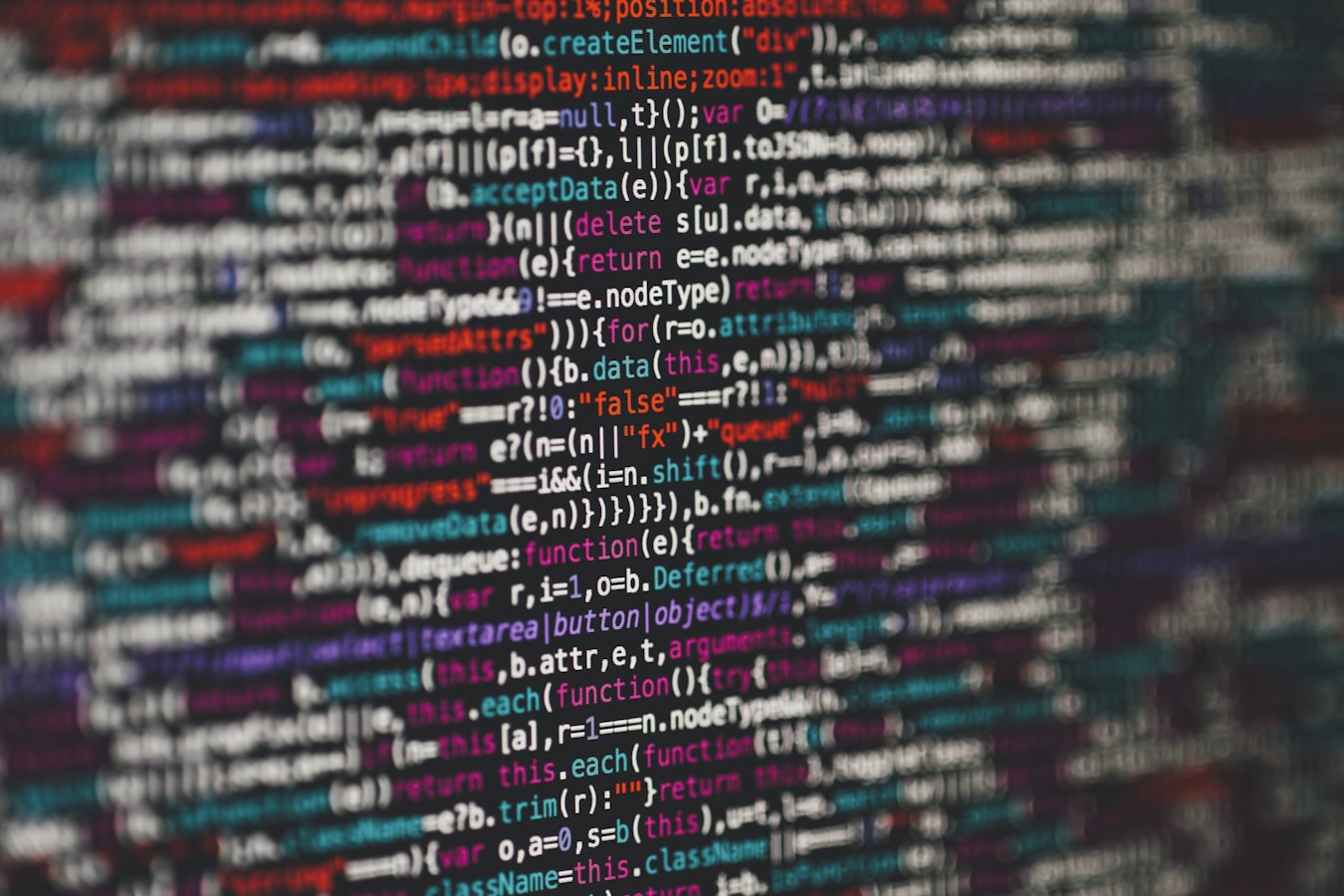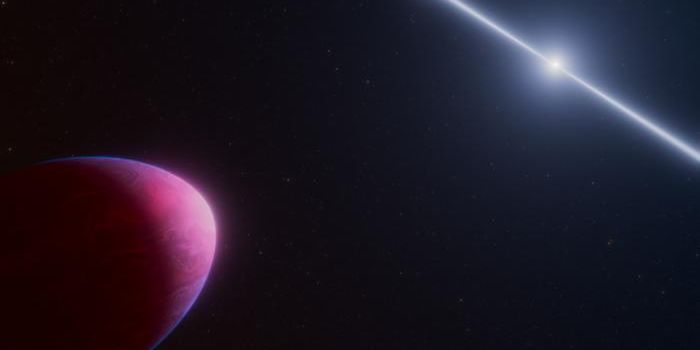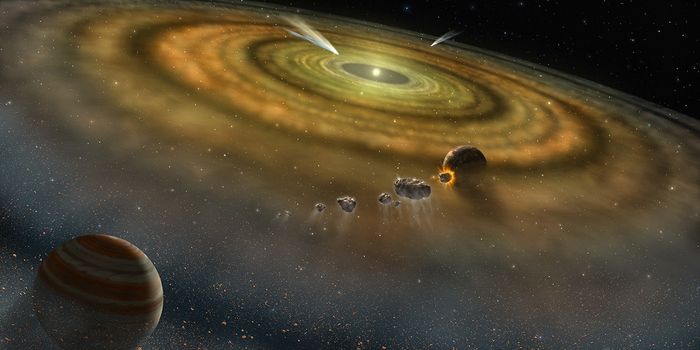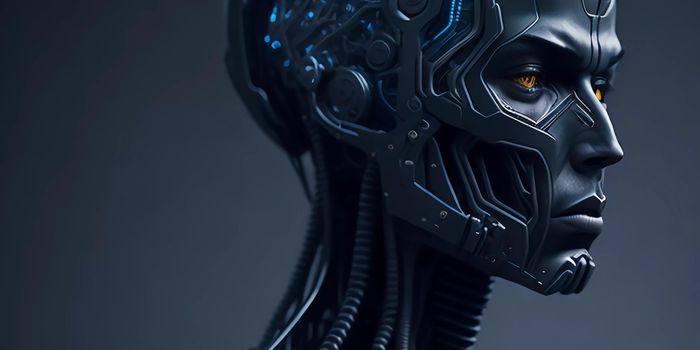Artificial Intelligence Can Help Detect Rare Diseases
An estimated half a million children worldwide are born with a rare hereditary disease. To obtain a definitive diagnosis, it can often be a challenge and time consuming with many patients going through lengthy trials and tribulations until they have a correct diagnosis.
"This results in a loss of valuable time that is actually needed for early therapy in order to avert progressive damage," explains Prof. Dr. med. Dipl. Phys. Peter Krawitz from the Institute for Genomic Statistics and Bioinformatics at the University Hospital Bonn (UKB).
Now, in a study of 679 patients with 105 different rare diseases caused by the change in a single gene, researchers have confirmed that artificial intelligence can be used to diagnose rare diseases more efficiently and reliably using facial analysis. The facial analysis consists of a neural network that is trained with 30,000 images of rare syndromal diseases and can automatically combine portrait photos with genetic and patient data.
Findings of the study were seen in the journal Genetics in Medicine.
"Patients want a prompt and accurate diagnosis. Artificial intelligence supports physicians and scientists in shortening the journey," says Dr. Christine Mundlos, Deputy Managing Director of the alliance of patients with chronic rare diseases (ACHSE) e.V. "This also improves the quality of life of those affected to some extent."
One of the rare genetic diseases examined in the study include mucopolysaccharidosis (MPS), which leads to bone deformation, learning difficulties and stunted growth. Other diseases include Mabry syndrome which results in intellectual disability. However, what all these diseases have in common are specific facial features that show characteristic abnormalities of a certain disease. For example, in Kabuki syndrome, the eyebrows hold an arched appearance, distance between the eyes are wide and the spaces between the eyelids are long.
Learn more about living with Kabuki syndrome:
The neural network developed in the study is called DeepGestalt, which detects automatically the characteristic features from a photo. In collaboration with the clinical symptoms of the patient and genetic data, DeepGestalt can calculate with high accuracy which disease is most likely to be involved. "Integrating an advanced AI and facial analysis framework such as DeepGestalt into the variant analysis workflow will result in a new paradigm for superior genetic testing,” said Dekel Gelbman, CEO of FDNA—a digital health company involved in the development.
Source: University of Bonn









